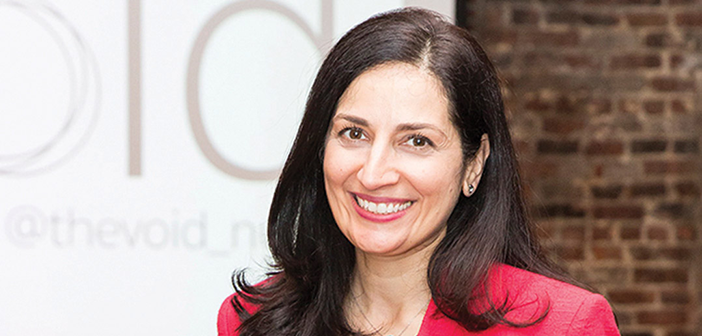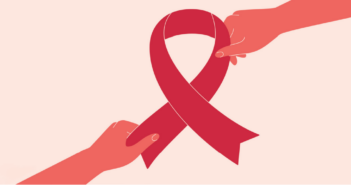To connect with teens, don’t shy from difficult questions.
Adolescence can be a turbulent time, but physicians and other adults can play an important role in helping teens navigate safely to adulthood, says Marina Catallozzi ’92 MD’96, MSCE, who calls her adolescent medicine practice in Washington Heights, NY, “a bridge over troubled water.”
Catallozzi wears many hats—she’s the director of the General Public Health Program at Columbia’s Mailman School of Public Health, an associate professor of pediatrics and population and family health at Columbia University Medical Center, and vice chair for education in the Department of Pediatrics, and she runs qualitative research on the drivers of adolescent behavior.
But whether she’s intervening at the academic, public, or patient level, “I’m always trying to help people think about care, research, and advocacy for adolescents,” she says. This population has specific needs but is often misunderstood; that’s precisely why Catallozzi embraced it.
Health strategies targeted at adolescents often focus on risk reduction. But Catallozzi prefers to frame teens’ risky behavior as a natural process of human development and an opportunity to channel risk-taking into positive achievement. “It is a time when people need extra support and resources, and if we can provide that, it can be rewarding,” she says.
In practice, this involves creating a protected space where adolescents can ask—and be asked—sensitive questions. Catallozzi advocates for a motivational interviewing technique called “strengths-based communication,” a way of asking questions to help young people understand their own skill sets to lead them toward positive choices. Thanking patients for sharing this sensitive information helps them make great strides.
“They are engaging with an adult who speaks to them like an adult,” she says, “and that is often not the case in their lives.”




